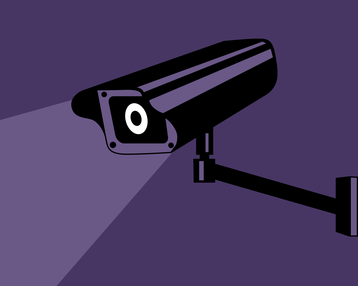Construction work has finished on data centers in Delhi and Bangalore, designed to support India’s Centralized Monitoring System (CMS).
The CMS, currently in pilot mode, gives law enforcement agencies centralized access to India’s telecommunications network and the ability to listen in on and record mobile, landline and VoIP calls, read emails, SMS and geolocate people via their cell phones, all in real time.
According to the Economic Times, the central facility in Delhi will process information obtained from Regional Monitoring Centres (RMCs) and a network of 195 servers, installed in data centers owned by the country’s major network operators.
It is not clear just when the new facilities, which are currently undergoing testing, will take over the management of the CMS.
Intercept and monitor
India approved plans for CMS in 2011 - the project was fast-tracked following the 2008 Mumbai attacks. It gives various government agencies the means to lawfully intercept and monitor telephone and Internet services - something that’s done by NSA in the US and GCHQ in the UK.
In India, the surveillance network will be run by the Department of Telecommunications, while the Ministry of Home Affairs has the sole power to decide whom to monitor.
The CMS consists of headquarters in Delhi and 22 Regional Monitoring Centres (RMCs), 14 of which, reports the Indian daily, have already been built and are waiting for equipment.
The RMCs will be connected to all the licensed telecoms service providers - who have to offer dedicated dark fiber connectivity - and each law enforcement agency in the region, using the the state-owned Bharat Sanchar Nigam Limited network.
Telecoms operators in India are required by law to give access to their networks to law enforcement agencies, as well as store communications metadata. For mobile calls, for example, this includes details of the caller’s location, the number called, the duration of the call, and the mobile tower used.
Critics of the CMS say it poses a threat to privacy and provides no means of addressing abuse. The project has missed several delivery deadlines and is rumored to run severely over budget.

